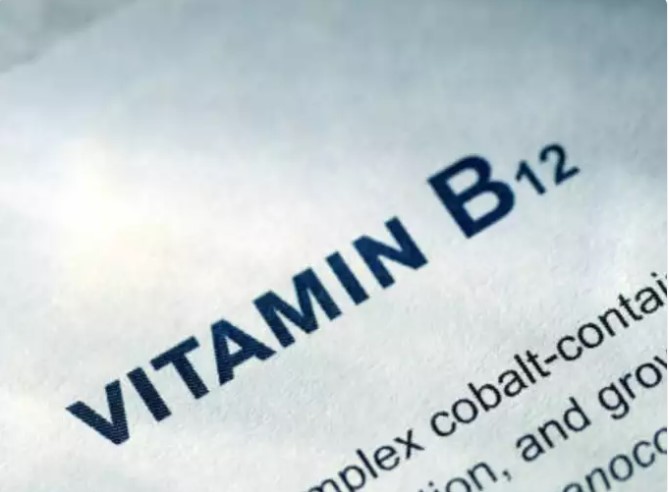Rapper Killer Mike taken away from Grammy Awards in handcuffs
2 months ago

Vitamin B12 is abundantly found in animal products
Vitamin B12 is required to form red blood cells and is a key component that helps in the proper functioning of brain and nerve cells. Also known as Cobalamin, Vitamin B12 is naturally found in animal foods.
One should have at least 2.4 micrograms of vitamin B12 daily. During pregnancy and lactation, the amount should be increased to 2.6 micrograms and 2.8 micrograms, respectively as per a report from Harvard Medical School.
Vitamin B12 is abundantly found in fish, liver, red meat, eggs, poultry, dairy products such milk, fortified nutritional yeast, and fortified breakfast cereals.
Insufficient intake of animal products, lack of the intrinsic factor which facilitates the absorption of the vitamin, less acid in the stomach either due to any biological reason or else due to any medication, and any other digestive disorder are some of the reasons why vitamin B12 deficiency in the body.
What is the stealth sign as per experts?

The stealth sign associated with vitamin B12 deficiency is lethargy which includes both physical and mental fatigue and weakness.
Vitamin B12 is associated with DNA synthesis and is required in the growth of red blood cells. Deficiency of red blood cells hampers the transfer of oxygen in the body and subsequently this will drop the level of oxygen in the body and make us tired.
What does vitamin B12 deficiency lethargy look like?

The lethargy associated with vitamin B12 comes with breathlessness, and feeling faint. The individual can look pale if there is vitamin B12 deficiency in the body.
While feeling tired is linked with a number of health complications, one should definitely consult a doctor without any assumption that it might get over on its own.
How does vitamin B12 function in the human body?

Vitamin B12 binds to the protein in the food. When the food reaches the stomach, the hydrochloric acid and enzymes free the vitamin B12 to its free form. Hereafter the vitamin combines with a protein called the intrinsic factor and is then absorbed down in the small intestine.
How does its deficiency affect the body?

Deficiency of this essential element disturbs a number of bodily functions which can be spotted with a number of typical signs and symptoms. The various signs associated with Vitamin B12 deficiency are weakness, memory loss, confusion, dementia, depression, seizures, pernicious anemia and fatigue.
Among other signs that are linked to vitamin B12 deficiency are nerve damage which result in numbness, tingling in the hands and legs.
Leave A Comment